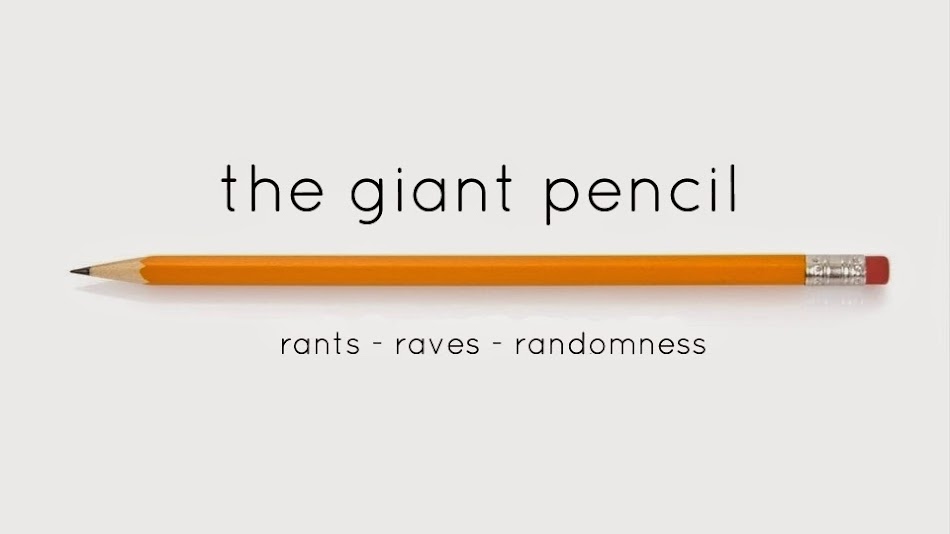Title: The Queen's Gambit
Author: Walter Tevis
# of Pages: 12 hours (audiobook)
Genre: Adult, Historical Fiction
Rating: ★★★☆☆
Synopsis: When she is sent to an orphanage at the age of eight, Beth Harmon soon discovers two ways to escape her surroundings, albeit fleetingly: playing chess and taking the little green pills given to her and the other children to keep them subdued. Before long, it becomes apparent that hers is a prodigious talent, and as she progresses to the top of the US chess rankings she is able to forge a new life for herself. But she can never quite overcome her urge to self-destruct. For Beth, there's more at stake than merely winning and losing.
Review: I watched the Netflix series before listening to this. After completing this audiobook, I was actually very impressed with how true the Netflix series is to the book.
As someone who does not know chess very well, this story is definitely more interesting (and easier to follow) as a show than as a book. I don't know chess well enough to visualize what Beth is seeing when she describes her or her opponents moves. There are also a ton of characters to remember, and for me listening to the story rather than watching or reading the story makes it even harder to remember.
Since I already knew the main plot from watching the show, I was not as interested in the story through the audiobook, especially since there wasn't much new information that wasn't already covered in the show. If I were more of a chess enthusiast or if I read/listened to this book before watching the show, maybe this rating would have been higher. There was nothing in particular that was wrong with the book other than it just not being a good fit for me.
Even though Beth is a somewhat unlikable character due to her self-centeredness, I actually appreciated Tevis writing her this way. Perfect, likable protagonists are unrealistic no matter how much the audience loves them. Beth has her flaws as all of us do, and these are what make her seem real.
I wouldn't recommend this book in a hurry unless I knew the person was interested in chess. That being said, this wasn't a bad book at all, just not one that I particularly enjoyed listening to.











